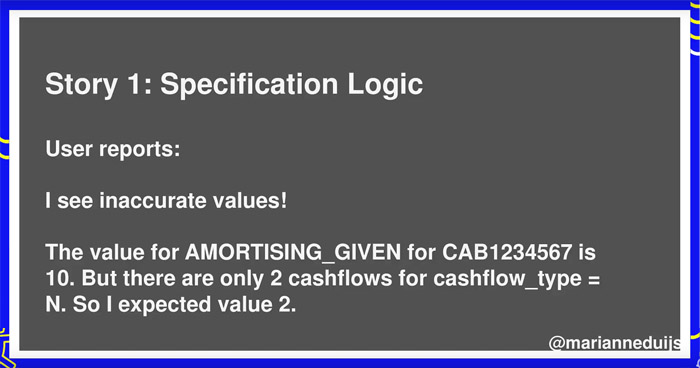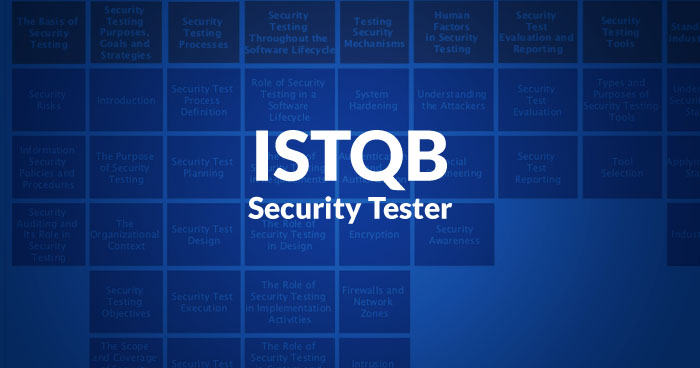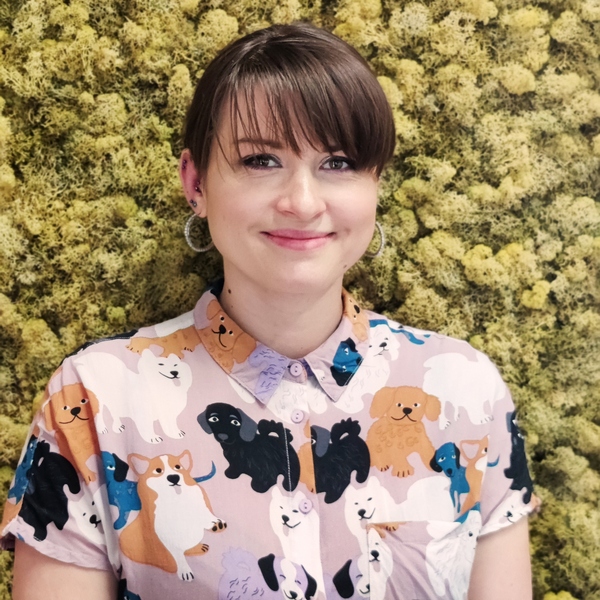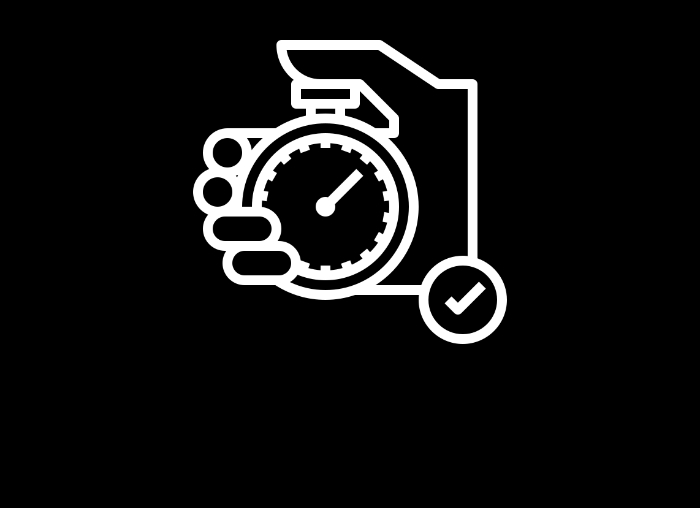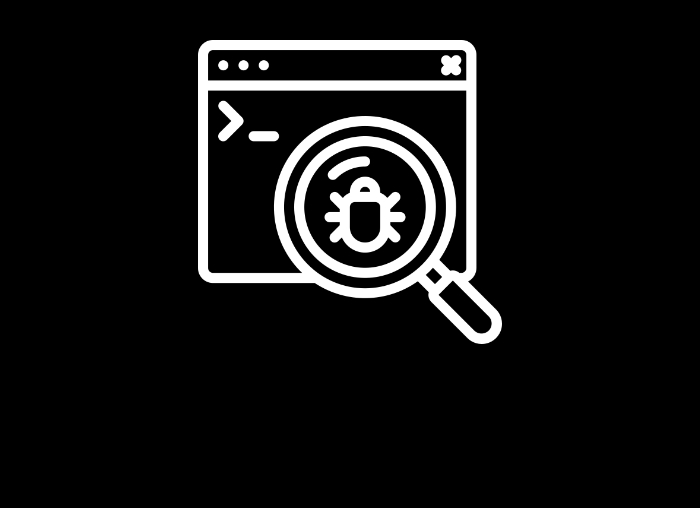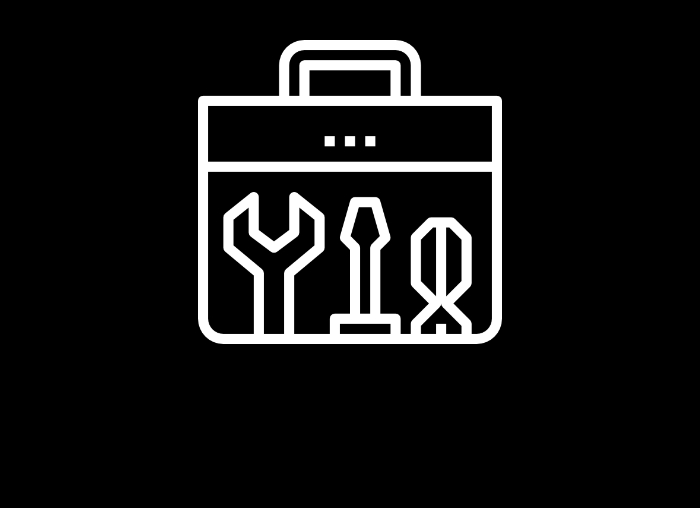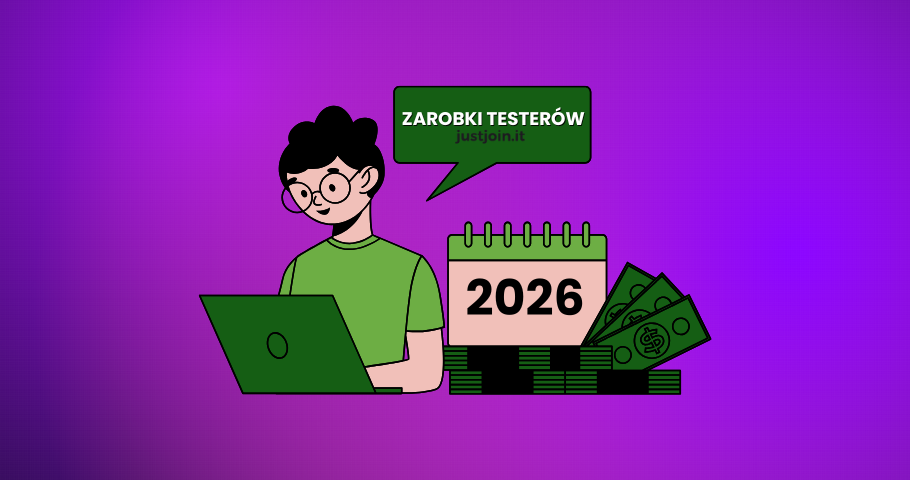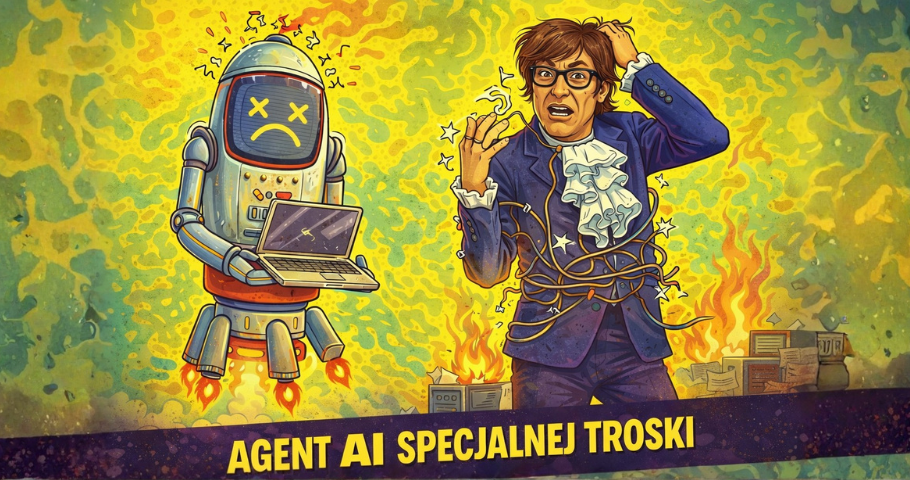Dobre testowanie to zadawanie właściwych pytań.
Although testing as a separate role is increasingly disappearing in my company, the tester's mind-set remains important. I see a growing trend to name the physical scenario quickly. Users come and say: "I want this specific thing changed". The Given-When-Then construction is beautiful for its simplicity in defining what users want and expect, and is gratefully used.
However, it is the question 'Else' that allows us to open our minds and think outside the box. Asking 'Else' allows us to consider the unexpected and raises awareness that other possibilities and outcomes remain.
I'll share three stories in which we failed to ask 'Else' and the bugs that resulted from this negligence. These examples show how we were swayed by the pattern, which assumptions we made, and I challenge the audience to see how quickly you can spot our wrong assumptions. I believe the future of testing lies in the individual quality and non-linear mind-set of testers and I challenge you to ask yourself how often you truly harness the power of 'Else'.
Wybrane punkty i komentarze od naszej Redakcji:
- Potencjalne defekty kryją się w logice i możemy je znaleźć bez analizowania kodu.
- Błędy projektów biorą się z błędnych założeń.
- Najważniejsze pytania zaczynają się od "co jeśli...?".
- Prelegentka dużo rozmawia z uczestnikami co powoduje, że prezentacja nie jest dynamiczna z perspektywy oglądających wideo.
Więcej prezentacji z TestingCup dostępnych na naszym kanale testerzy.pl na YouTube >>
 Redakcja
Redakcja

